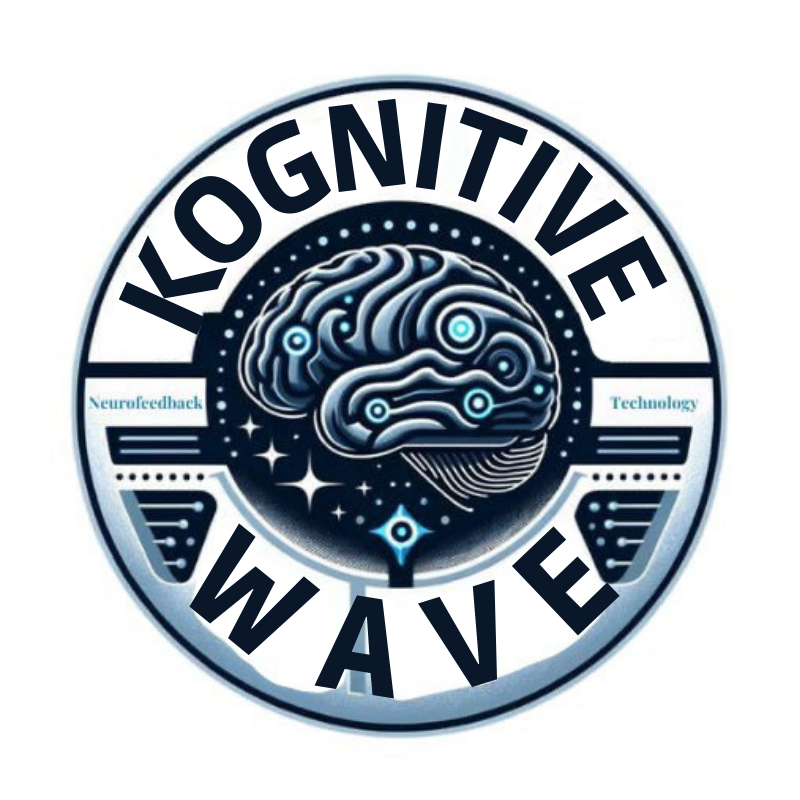Therapeutic Approaches We Offer
Cognitive Behavioural Therapy (CBT)
Cognitive Behavioural Therapy (CBT) is a type of psychotherapy designed to help individuals understand and manage the root causes of their mental and emotional difficulties. CBT is highly effective in alleviating symptoms of various mental health issues such as depression, anxiety, panic attacks, phobias, eating disorders, and substance abuse. By exploring the connections between thoughts, feelings, and behaviours, CBT empowers individuals to make lasting positive changes in their lives.
Acceptance & Commitment Therapy (ACT)
Acceptance and Commitment Therapy (ACT) is an approach that combines acceptance and mindfulness strategies with commitment and behaviour change techniques. It encourages individuals to embrace their thoughts and feelings rather than avoid or control them. ACT is useful for addressing trauma, chronic pain, eating disorders, OCD, anxiety, depression, and stress, and it enhances overall well-being by helping individuals focus on what they can control.
Compassion Focused Therapy (CFT)
Compassion Focused Therapy (CFT) emphasizes the development of self-compassion and positive emotions. Integrating mindfulness, behavioural, and cognitive techniques, CFT aims to reduce self-criticism and negative emotions, fostering feelings of warmth, love, and kindness towards oneself and others. It is beneficial for various mental health concerns.
Dialectical Behavioural Therapy (DBT)
Dialectical Behavioural Therapy (DBT) is a scientifically proven therapy that teaches mindfulness, distress tolerance, emotion regulation, and interpersonal effectiveness skills. Originally designed to treat borderline personality disorder, DBT is also effective for anxiety, depression, and eating disorders. With DBT, individuals learn to manage their emotions and build healthier relationships, leading to a more fulfilling life.
Internal Family Systems (IFS)
Internal Family Systems (IFS) Therapy posits that the mind consists of multiple sub-personalities or “parts,” each with its own emotions and viewpoints. IFS helps clients identify and understand these parts to gain insight into the patterns causing distress. It is useful for trauma, depression, anxiety, interpersonal relationships, and personal growth.
Mindfulness-Based Therapy
Mindfulness-Based Therapy integrates mindfulness practices with Cognitive Behavioural Therapy (CBT) to help individuals become aware of and accept their thoughts, emotions, and experiences. The goal is to reduce distress and improve overall well-being. Techniques may include meditation, mindful movement, and body scans, helping individuals develop positive coping skills for anxiety, stress, depression, and chronic pain.
Neurofeedback Training
Neurofeedback Training is a non-invasive technique that helps individuals regulate brain function. By monitoring brain activity in real-time, clients can learn to modify their brainwaves to improve mental health and cognitive performance. Neurofeedback is effective for conditions such as ADHD, anxiety, depression, and PTSD. This training promotes better self-regulation, leading to enhanced emotional stability and mental clarity.
Psychodynamic Therapy
Psychodynamic Therapy explores how unconscious thoughts and past experiences influence current behaviours. Through sessions, individuals gain insight into their emotional difficulties and develop strategies to manage their emotions more effectively. This therapy is beneficial for anxiety, personality disorders, depression, relationship challenges, and self-esteem issues.
Solution Focused Brief Therapy (SFBT)
Solution Focused Brief Therapy (SFBT) is a goal-oriented approach that emphasizes finding solutions in the present and future. It helps individuals with depression, anxiety, PTSD, relationship issues, and more by focusing on what works and what can be changed. SFBT empowers clients to resolve their own issues and achieve desired outcomes quickly and efficiently.
